Surveying Sex-Ed in Public’s Secret Thoughts
“You can read that part on your own, at home,” said most of the Biology teachers while we were in school. “You’re a kid. You’ll understand it once you get married”, said mom and dad. Intrigued by this shady and obscure world, we all did our bit of research and gathered a whole lot of information – which consisted of both reliable as well as false data. Now we all know what sex is about, don’t we?
This article tries to understand how people have been educated about sex based on data we have collected through a survey. We have asked people about the sources that taught them about sex, lessons about consent, the role of porn in one’s sexual orientation, as well as the pros and cons of watching porn.
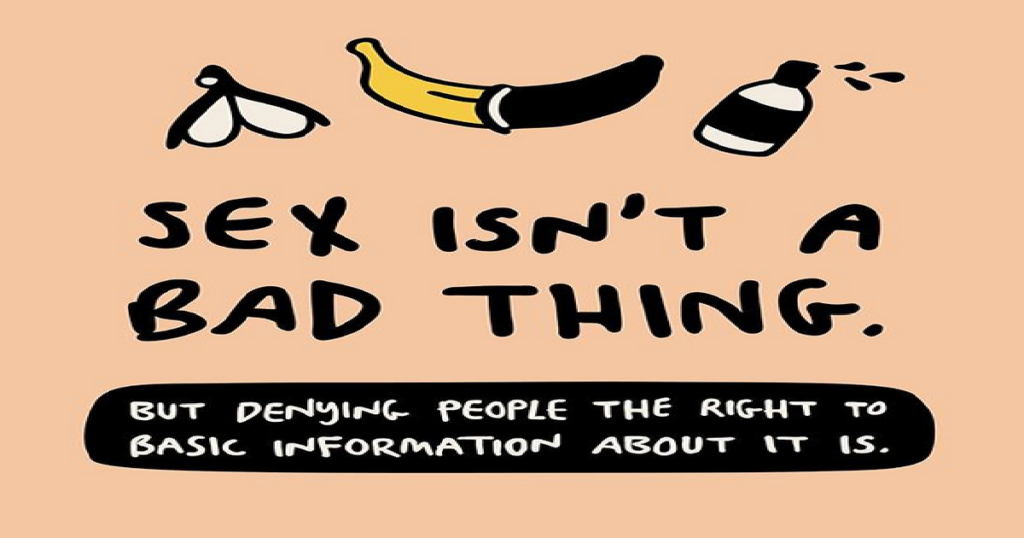
Do Sex Ed and Sex Talk encourage sex?
Many parents are afraid that talking about sex with their teenage kids would be considered as giving permission to the teen to engage in sex. If anything, the more children learn about sexuality from talking with their parents and teachers and reading accurate books, the less they feel compelled to find out for themselves. Well, this is our truth and belief as youth… not our parents’, unfortunately.
And this is showed in the survey’s results. When asked the ‘source’ of their knowledge about sex, 32.50% answered ‘friends,’ followed by a leading 35% from the internet.’ Naturally, only 5% of the parents were recorded as sources imparting sexual knowledge. Shouldn’t it be kudos to this 5% of parents who at least made an effort?
We say we respect them, but most of the parents are known to participate in patriarchy, want a male child, and not have a problem with men (we love them!). The issue remains that these male children– because of being born with the allegedly privileged penis– are safeguarded from the ‘sex-talk’ all the more!
A maximum number of people who took the survey aged between 18 and 25. On the one hand, it was wonderful seeing cis-men leading with 42.50% as the survey takers, followed by 37.50% of cis-women. On the other hand, it was disheartening to read the cumulative response, which suggested that cis-men have a bare minimum idea about the problems that exist because of the lack of sex-ed in India.
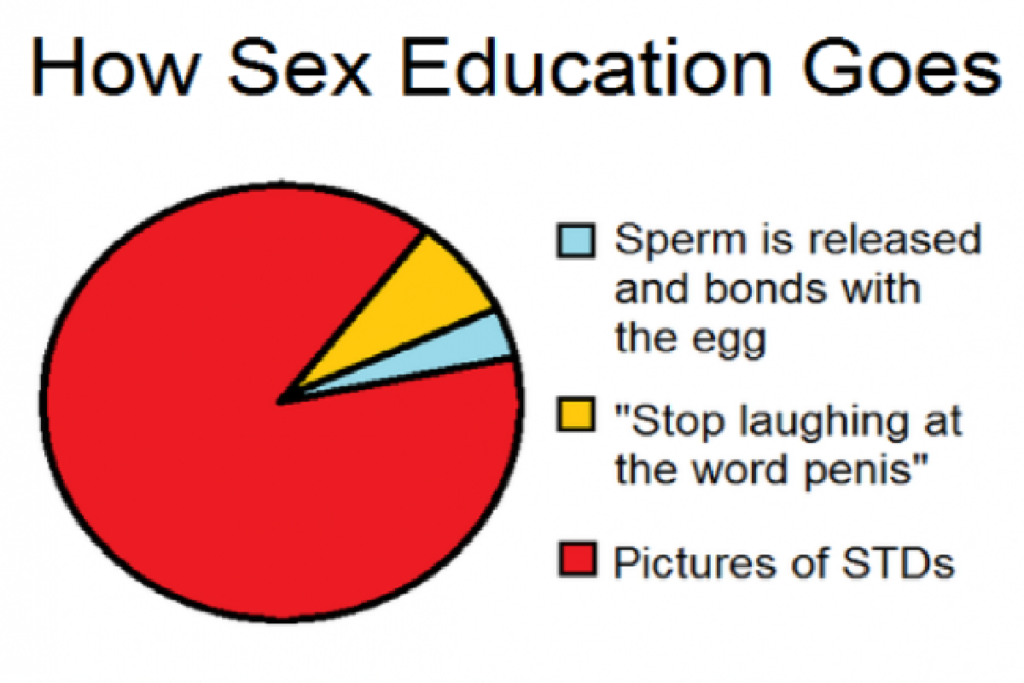
Maybe we are all right… but not alright!
In our survey, we asked people to tell us the age when they learned comprehensively about sex. Well, some responses sure treated it as a good old number-response question just as we had intended. But some others hit us up with theories alongside ages that helped us further understand these people’s knowledge about sex (err… also some guilt associated with it, if we may say so).
While the average ‘knowledge’ of sex for most people, as per our data, was received in their mid-teens (~14 to 17), some descriptive answers claimed that this chrysalis of knowledge bloomed into proper understanding later (from 19 to 21 years) because of the lack of prior discussions around the subject of sex. And while we felt disappointed, it is only fair and true that the shame and stigma around sex have made it practically impossible to understand what it really is. Responses from some cis-women in the age group of 40-55 did not even know about sex before their partners introduced them to it at approximate ages of 20 (which might have been when they got married!).
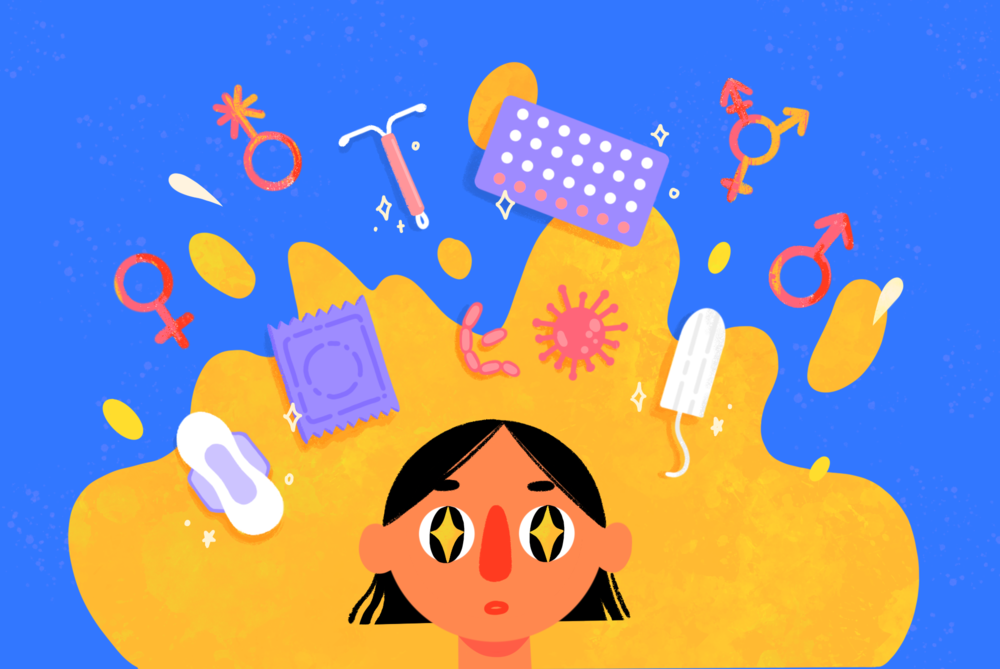
IMPOVERISHED when it comes to sex-ed
We also asked people to talk about the issues rising because of poor sex-ed in India. Some of the answers we got are:
- The lack of mention of ‘consent’ during the hasty sex-ed lessons endangers the safety of people. It is to be taught that sex is one such thing that requires the consent of both the stakeholders.
- The most important issue is the lack of awareness concerning Sexually Transmitted Diseases (STDs).
- Due to the half-hearted lectures on sex-ed, which provide almost no quality information, the taboo surrounding sex is still intact.
- Porn is considered a form of sex-ed, which it is not.
- One can have issues relating to sex, and since always shushed while talking about sex, people shy away from talking about their problems, eventually not getting their problem cured.
- Since there is no comprehensive sex-ed, teens aren’t taught that sex could be messy. There is a glorification of sexual experiences as well as misconceptions surrounding body image.
- Teenagers are generally inquisitive, and the lack of sex-ed makes them explore the sphere by themselves. They eventually assault people (mostly womxn who bear the burden– a result of the venoms spread by our patriarchal society) to satisfy their knowledge gaps.
- Despite legally being eligible to give in to sexual desires as well as to gratify the same, many ‘adults’ don’t engage in sexual activity because of the conditioning that having sex before marriage is bad and that a person that indulges in the same is of ‘bad character.’ Talking about sex is considered a ‘Western concept,’ but do people have sex only in the West? Of course not! So why this taboo surrounding sex-ed?
- Since sex is considered to be something that should not be talked to others about, victims of molestation and sexual assault find it very hard to speak up.
- A huge part of the population is not aware of the different types of sexual orientation people might have. This eventually creates a hostile space for people identifying with any of those other orientations than the binaries.
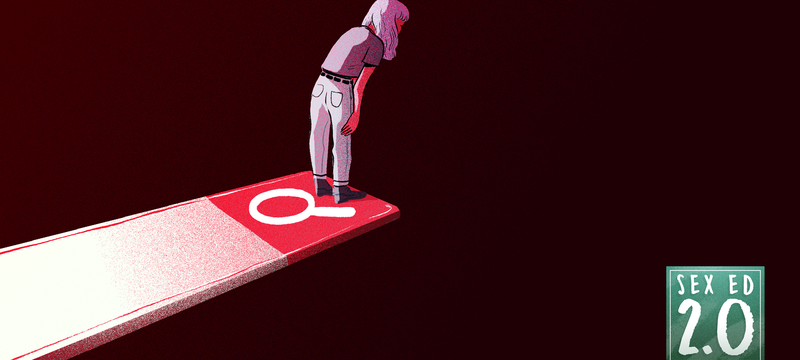
But didn’t you just compliment me…!?
While most people who took the survey learned about sex from friends or the internet, some of these people were lucky enough to have at least been taught about consent. For many others, consensus and its conceptualization remain amiss.
“Were you taught about consent? Yes/No, say something?”– we asked, and they said. What they said showed the emerging power of privilege, but the privilege was beaten (as usual, for the little proportions it is present in). It was wonderful to see 47.50% YES responses, but they were beaten by a fine mark, and NOs won with 52.50% votes.
Some of the people who we had the chance of meeting in person had a blank face even at the sound of the word ‘consent.’ There were few men for whom ‘marital rapes’ is a non-existing concept. Their justification was that marriage is the threshold for having sex with their partners whenever they feel like it. Some went an extra mile to say that since sexual gratification is essential for humans, their partners must cooperate–no matter what (huh!?)– and there should be room for compromise when the allegedly loving husband rips the clothes off his wife as if she were a materialistic property he owned.

Shhh…Porn hai…
..said everyone ever, but did anyone refrain from being shhh about it… we mean: from watching it? (Well… err…no!) And NOs have literally been defeated at this point by a considerable amount. We welcomed the concept of porn to our survey-questionnaire in addition to checking actual public knowledge about sex-ed, and even though the responses didn’t surprise us, we are definitely a bit overwhelmed.
When we asked ‘if you watch porn,’ 82.50% of our voters said YES! (satisfactorily overwhelming right…*sigh*…uhh individually!) We don’t deny watching porn. But it does have its down-sides, and the biggest was its incorporation as a medium of providing sex-ed! Lack of knowledge and half-hearted responses since formative years have lead about 12.50% of people to vote MAYBE to the question ‘does porn provides sex-ed’. We’re sorry to feel defeated even with 87.50% of NOs. Sounds controversial, doesn’t it?– But it is, even one person who finds porn as a learning medium has formed distortive viewpoints. Which showed when we asked the pros and cons of watching porn and received honest but vaguely brutal responses. Some of the people weren’t aware, and some who could cook up responses had commonalities:
- Pros: porn gives a basic idea of sex// self help//learn about a body in specialized ways
- Cons: makes us wild//unreal expectations//STIs, STDs//invalidated consent//rape culture
We’re compelled to say nothing seemed to be Pros and/or Cons. Everything sounded guilty, faulty, misunderstood, and made up. The answers stating porn as ‘overhyped’ seemed more of general disappointments projected at the filmography and techniques than genuine cons.
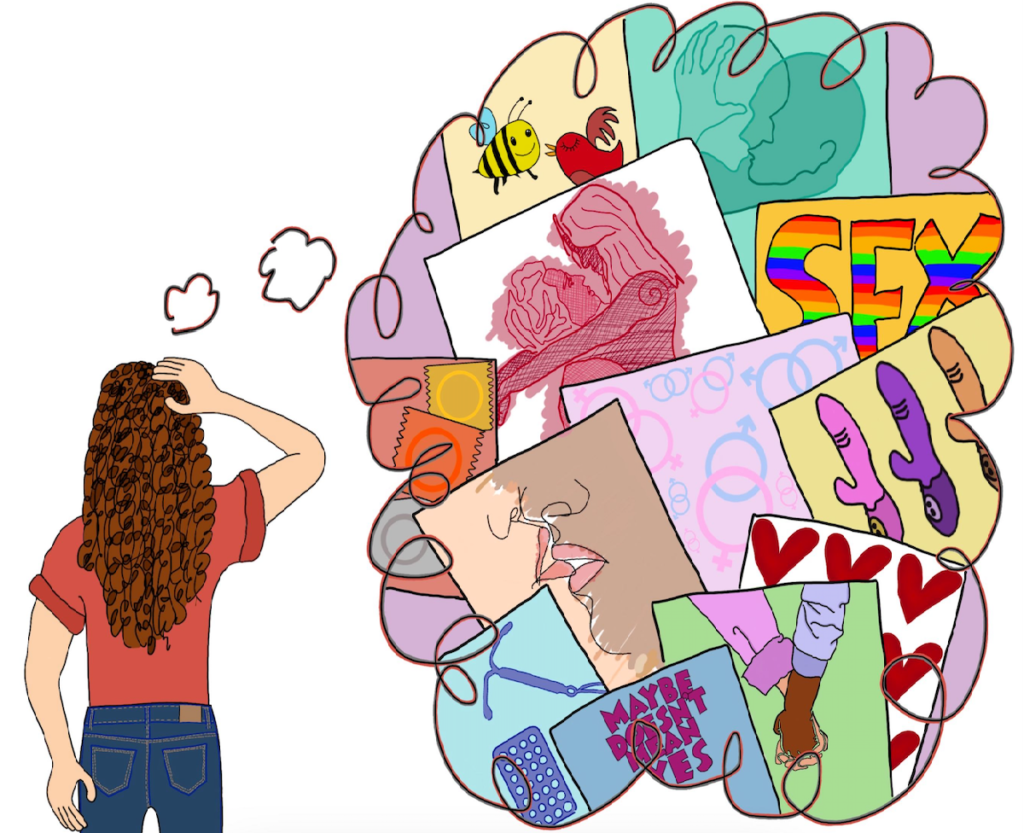
“Sex-ed courses look at girl’s internal parts: for boys, it is about ejaculation, erection and wet dreams; for girls, it is periods and unwanted pregnancy. We never talk to girls about self-exploration and self-knowledge”, says Peggy Orenstein. Young people need real sex ed that provides them with all the information they need to stay safe and make healthy choices while maintaining respectful relationships. Sex is as common as well as frequent as the chores we do at home. So, take a necessary step towards sex-ed and don’t shy away!
On the same note, Pratisandhi is conducting Bridging Gaps Program for college students.
Featured Image: Mashable
Author


3 thoughts on “Surveying Sex-Ed in Public’s Secret Thoughts”
This article was so well written and helped me understand the major fault lines when it comes to providing sex-ed to Indian teenagers or young adults. Beautifully articulated!
could not access to the survey…says it is deleted..
could not access to the survey…says it is deleted..
please share the survey report-details..